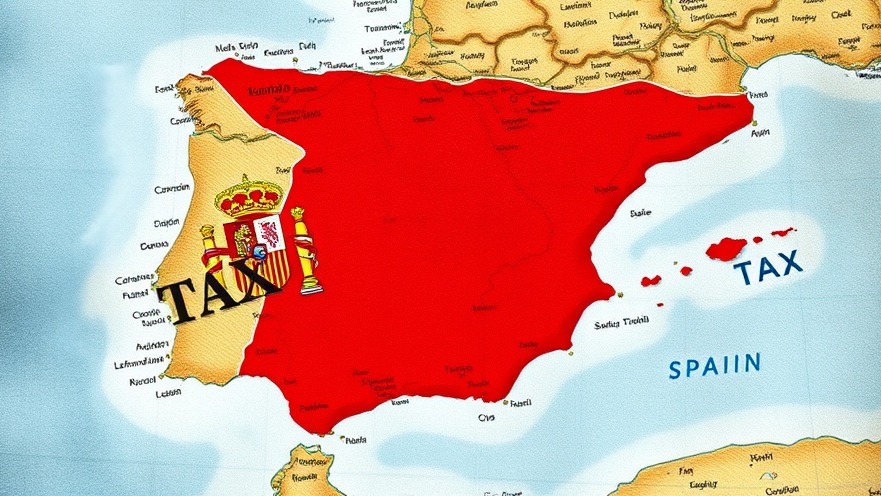
The Complexities of Contributing to Retirement Accounts as an Expat
When U.S. citizens choose to live abroad, one of the pressing concerns they must address is whether they can contribute to their U.S.-based retirement accounts, such as 401(k)s and IRAs. The answer is yes, but the process is fraught with pitfalls that can have long-term financial implications. It is crucial for expats to navigate these waters with care to avoid costly mistakes like excess contributions, which carry significant penalties.
In 'Can Expats Contribute to US Retirement Accounts While Living Abroad?', the discussion dives into the specific rules and advantages that expats face when planning for retirement, prompting us to analyze these insights and their implications.
Understanding Excess Contributions: The Risks and Penalties
Excess contributions occur when individuals put more money into their retirement accounts than allowed. According to IRS rules, each year that an excess contribution remains in an account, a 6% penalty is applied. This penalty can accumulate quickly, posing a real threat to one’s retirement savings. For expats, the foreign earned income exclusion further complicates things. This provision allows expats to exclude a portion of their income from U.S. taxes, which can inadvertently limit their ability to contribute to retirement accounts due to low taxable income.
The Roth 401(k): A Popular Yet Complex Option
For many expats, a Roth 401(k) may be a viable option since contributions are made after taxes have been deducted. This means that when it comes to withdraw funds during retirement, individuals won't face additional taxation— a significant advantage. However, one must ensure that contributions do not exceed IRS limits, especially when affected by the foreign earned income exclusion. Understanding these intricate rules is vital to making the most of retirement savings.
Special Considerations for Business Owners
Business owners living abroad may find their situation slightly different. Options such as solo 401(k)s and Simple Employee Pension (SEP) IRAs allow contributions based on self-employment income. However, if all earned income is being excluded from taxation, this can leave business owners without sufficient income to contribute to these accounts without facing penalties. In such cases, SEP plans often prove to be more accessible. They allow for contributions based on net earnings, making them a strategic choice for those navigating the complexities of international finance.
Expert Guidance is Key: Navigating Unique Tax Situations
Taxpayers—especially those living abroad—should seek professional assistance tailored towards expat financial situations. Understanding IRS requirements and staying compliant with tax laws can save individuals from unnecessary penalties and optimize their retirement savings strategies. Not all tax professionals possess the specialized knowledge required for expat taxation, making it essential to involve someone familiar with the nuances of international tax law.
Conclusion: Navigating Retirement Contributions with Confidence
While contributing to a U.S.-based retirement account while living abroad is possible, it comes with a complex set of rules that require careful navigation. By staying informed about potential pitfalls and seeking expert advice, expats can secure their financial future without falling prey to costly mistakes related to excess contributions. As such, understanding these aspects beforehand can lead to a more stable and prosperous retirement, no matter where life takes you.
 Add Row
Add Row  Add
Add 




Write A Comment